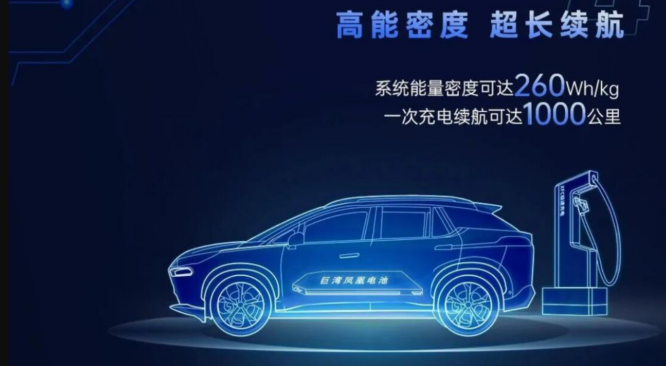Electric vehicle performance, value, and durability depend on the Li-Ion battery. Li-Ion cells have great energy density and decent endurance, despite promising battery technology.
Naturally, their instability can create fires. Low temperatures reduce the range of EVs’ Li-ion batteries. EV manufacturers use thermal management technologies to retain cells at appropriate temperatures.
Thermal management can still be energy-intensive. The battery pack takes time to attain operational temperature, making it imperfect. Winter and arctic locations affect EV range and performance.
Chinese battery maker GBT claims its Phoenix battery cells addressed these issues.
GBT’s superconducting thermal management technology heats the pack from -4 F (-20 C) to 77 F (25 C) in five minutes. No of the temperature, the Li-ion battery can charge 10-80% in six minutes (8C).

Greater Bay Technology, formerly Guangzhou Automobile Group Co. (GAC), joined the Li-ion battery business. Two years after investment, the firm reached $1 billion. GAC’s Aion V Plus SUV uses its first-generation batteries. A high-output charger can charge the SUV’s battery pack in 15 minutes.
Greater Bay Technology’s Phoenix second-generation Li-ion battery. It supports quick charging regardless of temperature. The firm says its heat management method doesn’t impair range in high conditions. Ultra-high thermal conductivity cell materials are the key.
GBT claims their 3D thermal management technology exchanges heat 18x quicker than existing systems. Three-times quicker temperature control.
Greater Bay Technology expects the Phoenix battery to power an Aion EV next year. That’s quick progress. Regardless of temperature, the target is 1,000 km (621 miles) per charge. GBT is backed by one of China’s leading automobile corporations. The upstart firm has fast-charging cells in a production EV.

